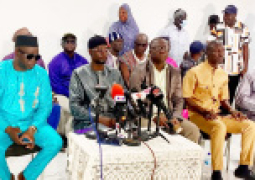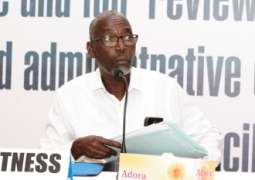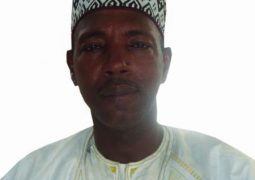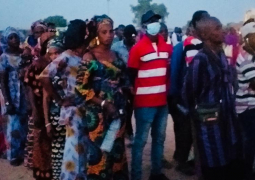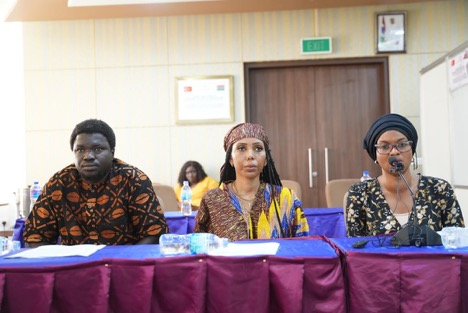
“We fervently believe that it is imperative to reinforce the legal framework to ensure the protection of women and girls from such harmful practices,” she said.
She stressed that she did not do this work because of the West, “I care about this country, our women and our people more than any western government.”
She told deputies that there was no single western government that is funding what she is doing since her campaign against repealing the FGM bill started.
“I want to clearly say that as Jaha Dukureh and as someone that was born in this country, I can never be bought.”
She also said that talking about FGM alone cannot end FGM or other harmful traditional practices. “So long as the socio-economic factors that continue to reinforce the practices are still intact. We strongly recommend the need for government, development partners and civil society to work together; reassess and challenge the traditional delivery structures, which failed at best and at worst; reinforce power hierarchies that disadvantage girls and failed to adequately challenge the social and economic factors that continue to strengthen the exclusion of girls and young women. This collaboration should focus on the social and economic factors that exclude girls and young women, preventing them from achieving their full potential,” she suggested.
“We must take practical steps to build up girls' protective health, social, cognitive, and economic assets at vital period in adolescence (from 10 years) to give them the tools to develop and fulfill a positive plan as well as be able to deal with the consequences of FGM.”
“By creating trusted alliances between civil society and the government, we can develop central places for girls in New Gambia by consolidating democratic gains and ensuring girls are not left behind. We believe that by creating a trusted alliance of civil society and government, we can develop central places for girls in the New Gambia as we work to consolidate our democratic gains.”
“The government should focus on working with development partners and women led civil society to create intentionally designed programs where key subpopulations of girls meet regularly to build skills, social support, and plan for civic education.”
“These programs should include referral linkages to facilitate girls’ access to community resources for their growth and wellbeing.”


